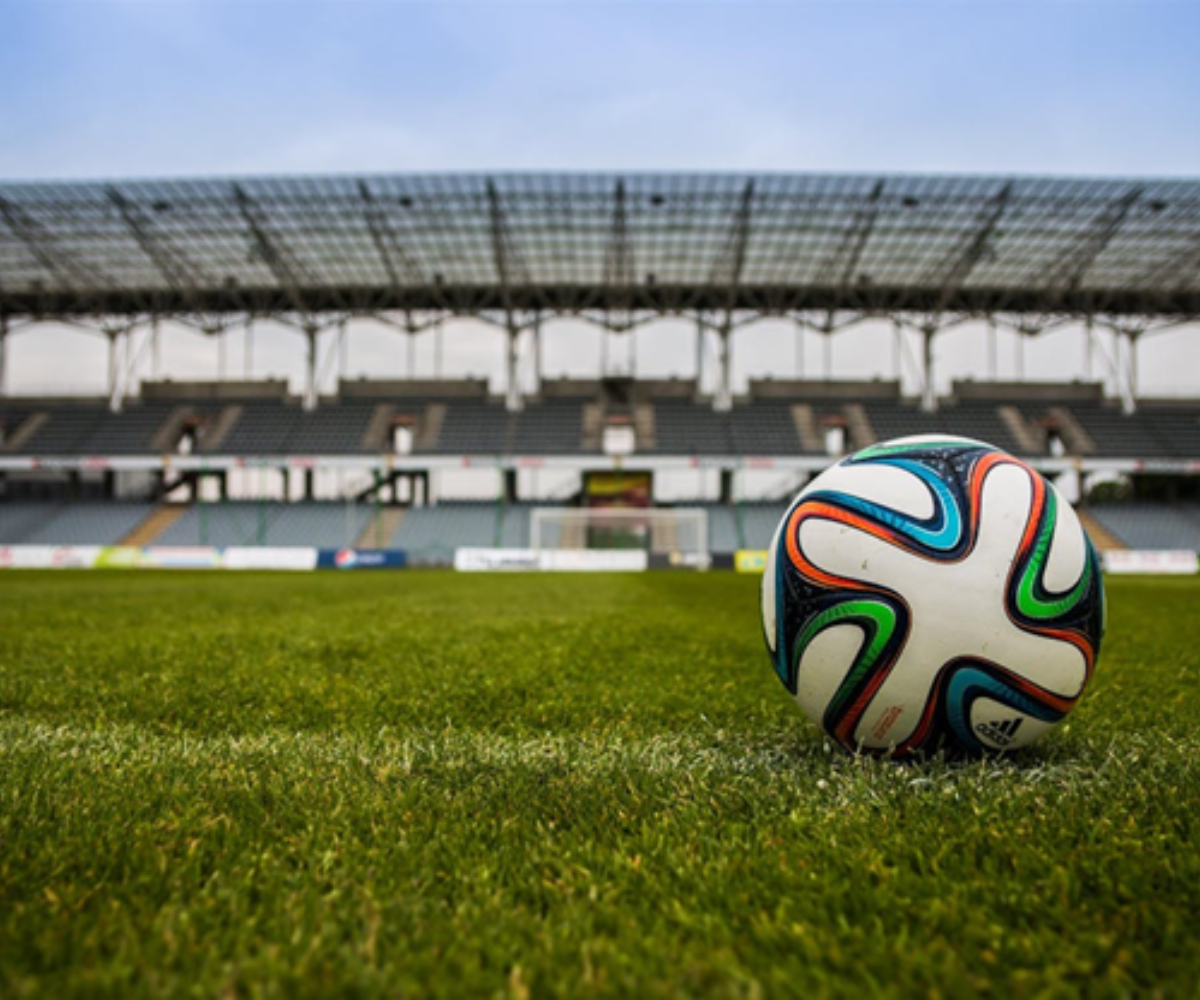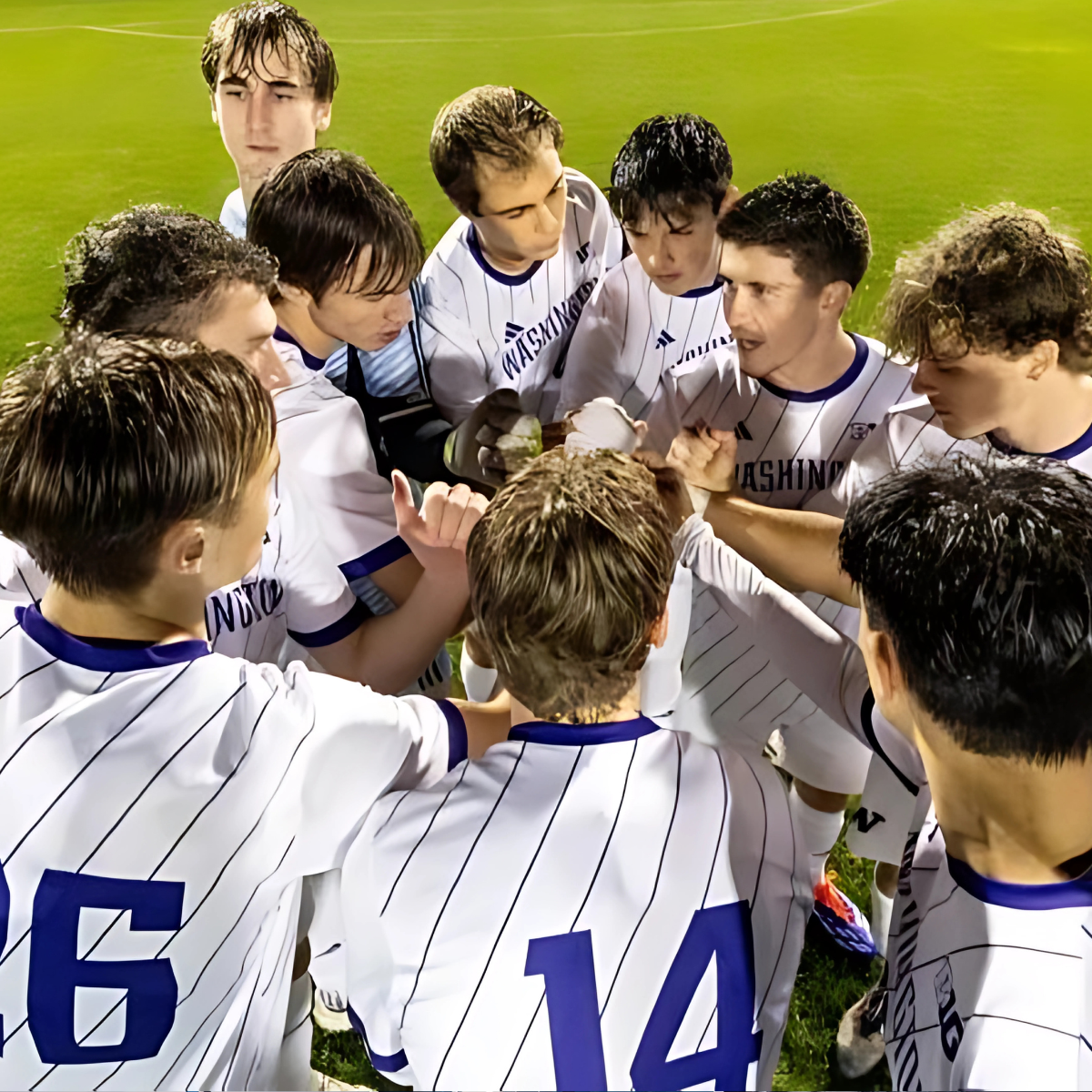What is Cognitive Load Theory and How Does It Relate to Skill Acquisition in Sports?
Cognitive Load Theory (CLT), developed by educational psychologist John Sweller in the late 1980s, focuses on the limitations of working memory and how these limitations impact learning and skill acquisition. The theory posits that our working memory can only hold a small amount of information at any given time, and when this capacity is exceeded, learning becomes ineffective. Understanding CLT is essential for athletes and coaches as it can significantly influence how skills are acquired and mastered in sports.
Key Components of Cognitive Load Theory
Cognitive Load Theory identifies three types of cognitive load:
- Intrinsic Load: This refers to the inherent difficulty of a task and the mental effort required to understand it. Intrinsic load varies depending on an athlete's prior knowledge and experience. For instance, a novice athlete may find a complex skill, like executing a triple jump, to have a high intrinsic load, while an experienced athlete may find it manageable.
- Extraneous Load: This type of load is generated by the way information or tasks are presented to learners. Poor instructional design can increase extraneous load, leading to confusion and hindering learning. For example, if a coach provides overly complicated explanations or distractions during practice, it can overwhelm athletes' working memory.
- Germane Load: Germane load refers to the cognitive resources devoted to processing information that enhances learning. This includes efforts related to schema construction and automation of skills. Effective training methods that promote germane load can facilitate faster skill acquisition and better retention.
The Relationship Between Cognitive Load Theory and Skill Acquisition
Understanding cognitive load is crucial for skill acquisition in sports for several reasons:
- Optimizing Learning Environments: Coaches can design training sessions that minimize extraneous cognitive load by providing clear instructions and reducing distractions. This allows athletes to focus on mastering skills without being overwhelmed by unnecessary information.
- Gradual Skill Progression: By recognizing the intrinsic load associated with different skills, coaches can structure training programs that gradually increase complexity. Starting with simpler tasks allows athletes to build foundational skills before progressing to more complex ones, effectively managing intrinsic load.
- Enhancing Retention Through Practice: Incorporating practices that promote germane load—such as spaced repetition, varied practice conditions, and feedback—can enhance athletes' ability to retain skills over time. These methods help athletes develop strong mental frameworks for executing skills under pressure.
- Reducing Cognitive Overload: Coaches should be aware of the potential for cognitive overload during training sessions. When athletes are faced with too much information or overly complex tasks, their performance may suffer. Simplifying tasks and breaking down skills into manageable components can help prevent overload.
Read: How does the concept of mental contrasting help athletes achieve goals?
Strategies for Applying Cognitive Load Theory in Sports Training
To effectively apply Cognitive Load Theory in sports training, coaches and athletes can implement several strategies:
- Clear Instructional Design: Coaches should provide concise and clear instructions that focus on essential elements of the skill being taught. This reduces extraneous cognitive load and allows athletes to concentrate on learning.
- Use of Visual Aids: Incorporating visual aids such as diagrams or videos can help clarify complex movements or strategies without overwhelming athletes with verbal information.
- Incremental Learning: Introduce new skills incrementally, starting with fundamental components before gradually increasing complexity. This approach helps manage intrinsic load and builds confidence.
- Feedback Mechanisms: Providing timely and specific feedback enhances germane load by helping athletes understand their progress and areas for improvement. Feedback should focus on key aspects of performance rather than overwhelming athletes with multiple points at once.
- Encourage Self-Regulation: Athletes should be encouraged to self-monitor their cognitive load during training sessions. Teaching them strategies for recognizing when they feel overwhelmed can empower them to seek clarification or take breaks as needed.
Cognitive Load Theory offers valuable insights into the processes involved in skill acquisition in sports. By understanding how cognitive load affects learning, coaches can create more effective training environments that optimize skill development while minimizing overload. Implementing strategies such as clear instructional design, incremental learning, effective feedback mechanisms, and encouraging self-regulation will empower athletes to master their skills more efficiently. Ultimately, applying CLT principles not only enhances performance but also contributes to long-term athletic development.
Read: What is the psychology of clutch performance and how can athletes develop it?







%20(1200%20%C3%97%20232%20px)%20(9).png)









.png)

